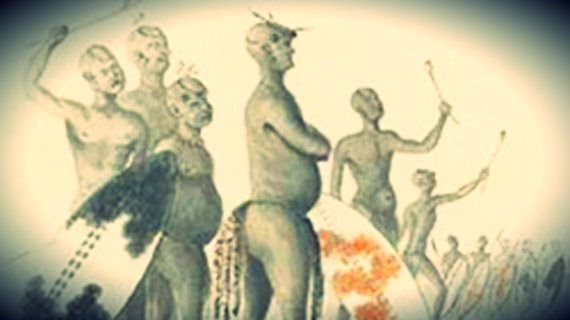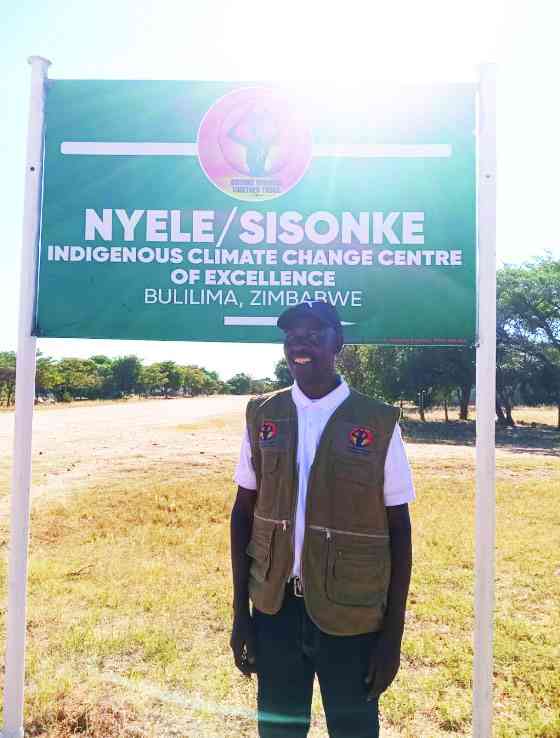
THIS IS the beginning of a series of articles on culture specifically dealing with Ndebele customs, traditions and more.
ISAAC Mpofu (UNYANDENI OMPOFU)
Any culture is limitless and so these articles cannot pretend to cover everything on Ndebele culture.
Some readers will be disappointed when they do not meet articles of those aspects they are interested in.
Nevertheless the intention is to inform and guide, to correct and to direct and to advise those who may wish to know, to practice and to follow acceptable cultural procedures of those customs.
Above all, it is meant to guard Ndebele culture against unwanted intrusions from outside.
Any nation must guard and preserve its culture.
We must answer the question, who are the Ndebele? Who are these people whose customs we will be talking about? The answer is historical.
- Chamisa under fire over US$120K donation
- Mavhunga puts DeMbare into Chibuku quarterfinals
- Pension funds bet on Cabora Bassa oilfields
- Councils defy govt fire tender directive
Keep Reading
The following groups and their related sub groups who have resided permanently with a given geographic area are a nation of mixed peoples and spaces and have permanently shared given cultural norms in addition to their own sub-cultural ones.
In the case of Ndebele these include, the Nguni, Kalanga, Sotho, Venda, Tonga, Nambya, Rozvi (hardly distinct) and many other smaller groupings.
It is emphasised that there was never a time in history when the Nguni of Mzilikazi’s group were known as Ndebele before they intergrated with other non-Zulu ethnic groupings on the northern reef — intergrated nations who inhabit Ndebeleland in this country and who were originally knitted together under the guidianship of King Mzilikazi.
He incorporated the local groups and fused them into one people.
No one tribe is in fact, better in any way than others.
One major factor is the Ndebele language (itself an important cultural feature) which was developed in the Transvaal, based on the Zulu language.
It was transported into this country when Mzilikazi settled his nation. This brief summary should now settle the question as to whose customs and traditions we are dealing with — those of the Ndebele.
At present there are no pure Nguni customs, no pure Kalanga customs or pure what ever customs.
There are simply Ndebele customs, an admixture of the traditional practices of the inhabitants of Ndebeleland, popularly refered to as KoMthwakazi.
The Ndebele groups have been living together for a long time now and they have been interacting with each other so much so that they have found common ground in many respects.
There are noticeable differences of detail within the larger canopy of Ndebele culture. Thus it is possible to talk about Tonga burial rites, Venda marriage and so on, but on a bigger picture these customs have merged significantly. A good example is language, which is a major vehicle that unites people for purposes of communication.
This unifier is spoken throughout Ndebeleland. Remove that and you are left with the Tower of Babel.
Ndebele is spoken as the core language, but that does not diminish the ned to speak and learn other languages which are localised and are not common.
Overtime beneath this communication superstructure various tribal culture (customs, traditions, more and so on) have been coalescing and continue to do so to the extent that we can comfortably talk about Ndebele customs versus non-Ndebele customs followed largely outside Ndebeleland borders.
In saying this, one is not oblivious of some extra-territorial influences, some of which exert a stronger attraction to the Ndebele.
This brings us to a point where we can confidently speak about Ndebele culture, barring differences of detail. In some cases the traditions and practices of one or more sub-groups may predominate to become the Ndebele custom. This may happen even when a cultural practice comes from outside the Ndebele group, as may be exemplified by the practice of shaking hands and dancing at a funeral wake now gaining rapid adoption.
All that is open to different views and interpretations due to different perceptions. A debate is welcome on these matters when differences are brought to the surface so that they can be argued out in an attempt to reach consensus. We are now ready to start talking about Ndebele culture in all its various forms.










